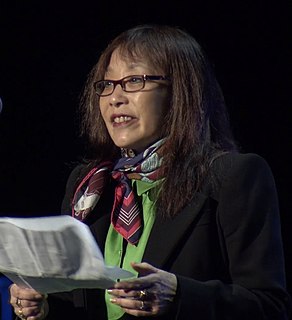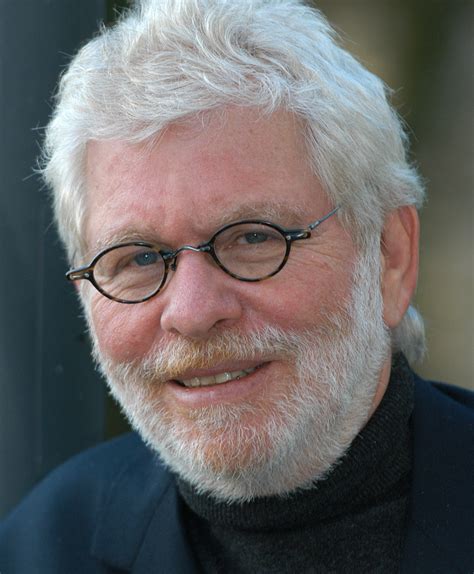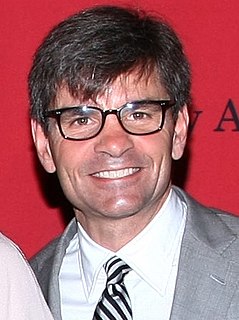A Quote by Megyn Kelly
You can't be citing Japanese internment camps for anything the president elect is going to do!
Quote Topics
Related Quotes
Growing up, I didn't know about the Japanese internment camps until I saw a movie of the week as an adult. I remember going, 'How come that wasn't covered in history class?' Moving to California, you run into people whose grandparents lost everything and their businesses and were put in these internment camps.































